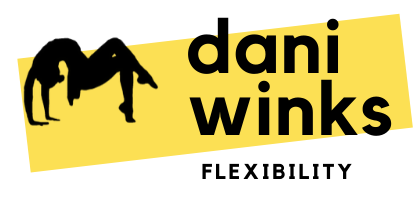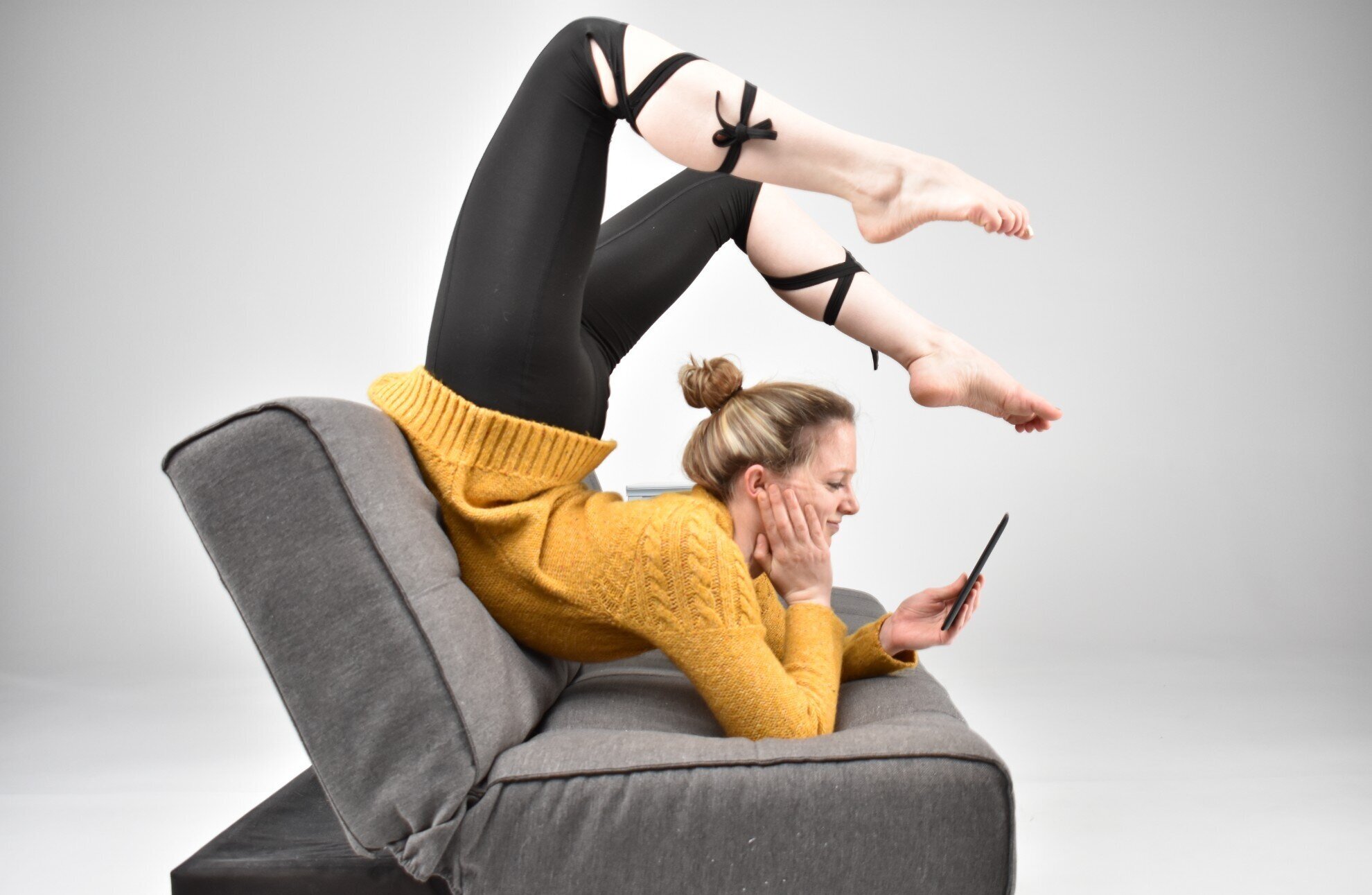TIPS, TRICKS & HOW-TOs
The Bendy Blog: Flexibility Training Articles
Filter posts by topic:
All Posts / Bridges / Contortion / Front Splits / General Back Flexibility / General Flexibility Tips / General Lower Body Flexibility / Middle Splits / Neurodynamics / Shoulders / Straddles / Yoga /
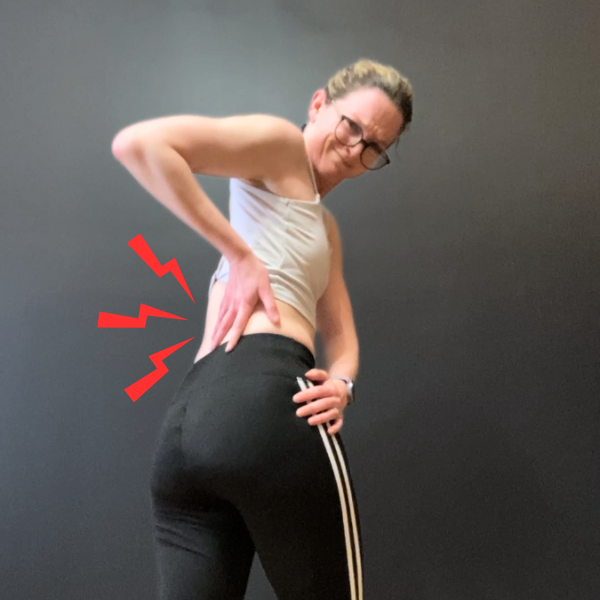
Help! My Back Hurts After Backbending
This is a common question I get from students, especially students new to working on back flexibility. It’s not uncommon to get some mild back pain the day after working on backbends, so it’s important to be able to differentiate between “productive” muscle soreness and “red flag” pain indicating improper training technique.
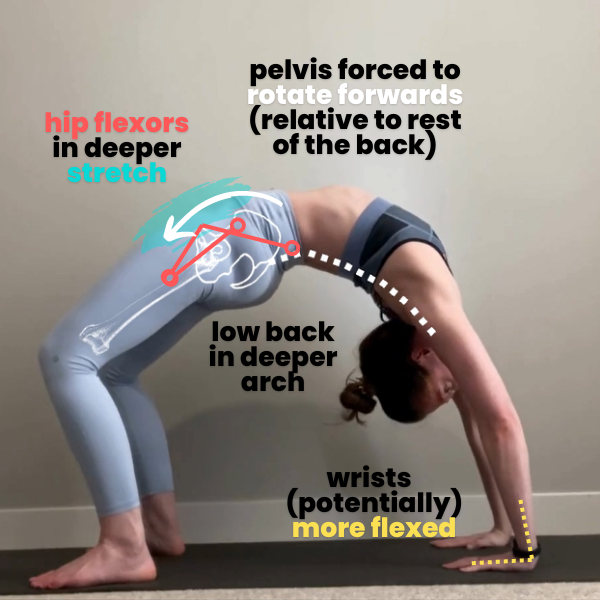
Is It OK To Lift the Heels in a Bridge (Full Wheel)?
This is a question I sometimes get from students (and even other flexibility instructors) - should we try to keep feet flat on the floor in a bridge, or is lifting the heels OK? The answer - like with so many flexibility questions - is it depends.
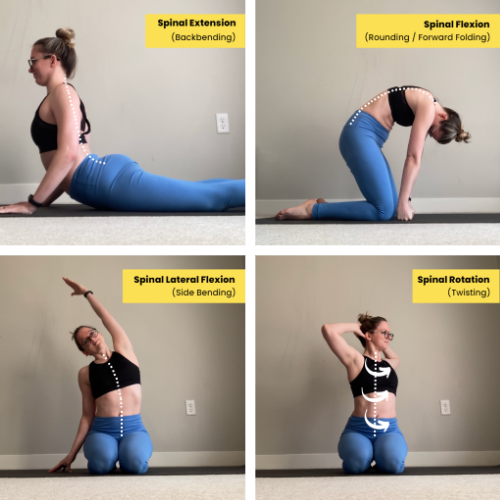
Back Stretches for Full Spinal Flexibility
When talking about back flexibility, it’s important to remember that there are many ways our spine helps us move, not just backbending! If we consider all of the different ranges of motion our spine can move in, we have: backbending (spinal extension), rounding forwards (spinal flexion), sidebending (lateral flexion), and twisting (spinal rotation). So let’s look at some stretches that cover each of these areas for full spinal flexibility.
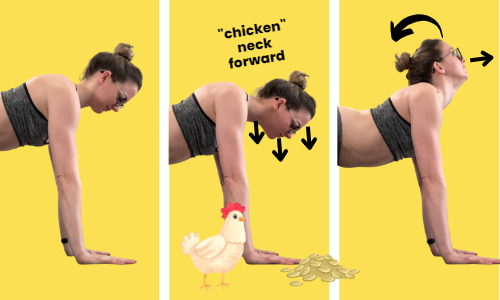
How to Use Neck Engagement for a Deeper Cobra Pose
If you’re working for a backbendier cobra, especially if you’re working on your toes-to-head King Cobra, learning how to comfortably add more neck flexibility can be a big help. In this post, we’ll explore a couple of different options for “engaging” the neck to see how they affect the comfort (and depth) of your backbend.
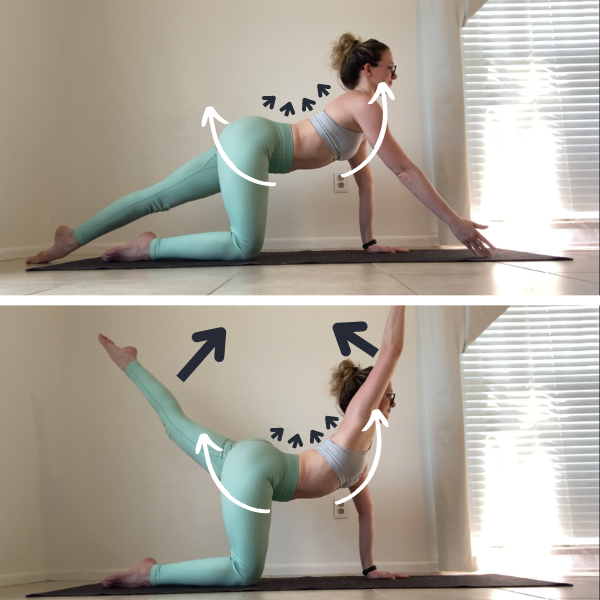
4 Bird Dog Variations for Bendier Backbends
“Bird dog” is a common flow/exercise from yoga that has been adopted by other fitness disciplines because it’s a great (and gentle) exercise for core control. Despite not looking terribly bendy (the goal is generally to keep a neutral spine), this drill can still be quite beneficial for folks looking to deepen their back flexibility. Let’s look at four different variations of Bird Dog that can help us target different areas of the backbending chain, so you can understand how to apply them all to deepen your backbending practice!
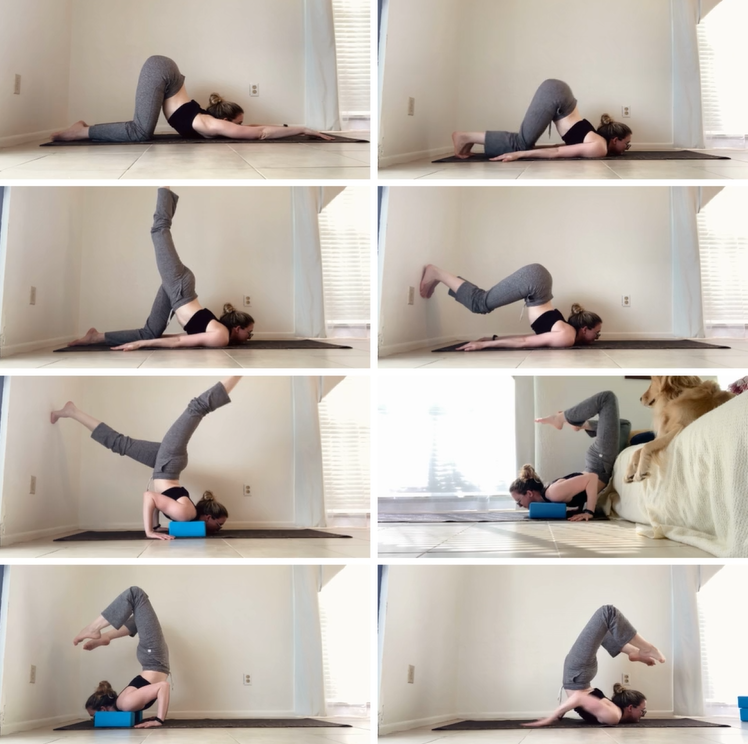
Example Chest Stand Training Progression
A chest stand is arguably the most iconic contortion pose, requiring extreme levels of back flexibility (from the neck, upper and lower back), as well as incredible core control. It’s no wonder so many students dream to be able to one day do a chest stand! In this post we’ll take a peek into what a skill progression might look like on your journey to this magical trick.
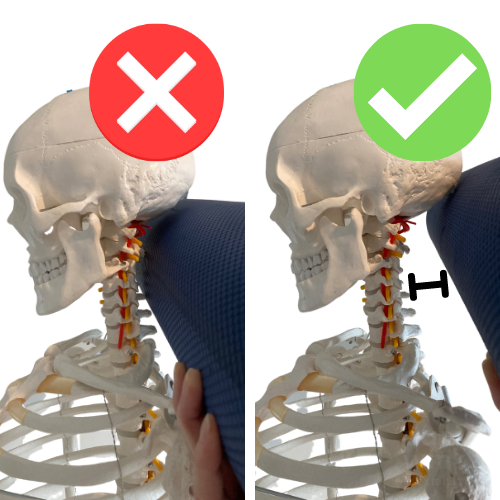
2 Minute Neck Foam Rolling Routine to Ease a Sore Neck
Your neck may not be something you normally think about foam rolling - but man it can feel good! If you’ve got a tight neck from craning your head all day, or if it’s sore from doing lots of backbending and neck extension work (looking at you, fellow contortionists!) using a foam roller to help give it a stretch and gentle massage can feel quite nice.
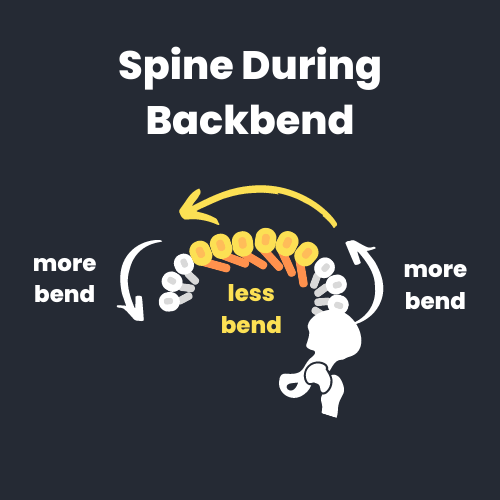
Why Your Upper Back Sucks at Backbending (and How to Make it Suck Less)
Are you struggling to bend from your upper back? You’re not alone! In my 11+ years of training & teaching, I’ve found vast majority of students have a hard time arching through their upper back in backbends - and that’s because our upper back isn’t really designed to bend. Thankfully you don’t have to be doomed to have a flat-as-a-board upper back in all your bridges and backbends forever. With the right training and coaxing, anyone can improve their upper back flexibility and let it join in on the backbending part-ay!
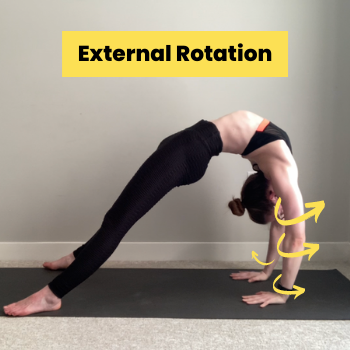
The Importance of “External Shoulder Rotation” in a Backbend
Shoulders can be a confusing body part (ok body parts depending on how you want to define it!) - there’s a lot of different ranges of motion they can move. That’s why it’s so important to condition them and make sure they’re strong to support the multiple ranges of motion your movement discipline requires. For backbending and shoulder flexibility for things like a bridge (aka full wheel), forearm stand, or handstand, a common shoulder position to drill and strengthen is our external shoulder rotation to stabilize our shoulders and allow for a deeper bend in both the shoulders and upper back.
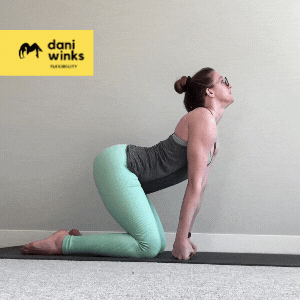
6 Cat-Cow Variations for Spinal and Shoulder Mobility
These are some of my favorite variations of the Cat/Cow exercise that help get a different stretch in your back and shoulders than the "traditional" version.

Back Extensions: The Backbender’s Broccoli
Whether you are a seasoned yogi, novice contortionist, or just plain working on your back flexibility, back extensions are arguably the best conditioning exercise you can possibly do for your back flexibility. I like to call them a “broccoli” exercise - they’re part of a healthy “diet” of backbending training . . .

Working Towards King Pigeon Pose (Eka Pada Rajakapotasana)
Being able to touch your foot to your head in Pigeon pose (aka King Pigeon, or Eka Pada Rajakapotasana for you yogis) is a great goal for intermediate and advanced students who are interested in working their full body flexibility because it really does require your full body. Also obviously it looks pretty damn cool, which is also a totally appropriate reason to want to be able to do a pose. Below are some suggested variations and drills to help your progress towards a backbend-ier Pigeon.
